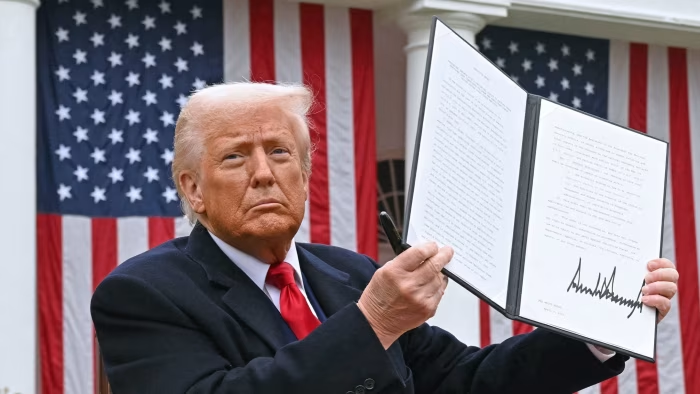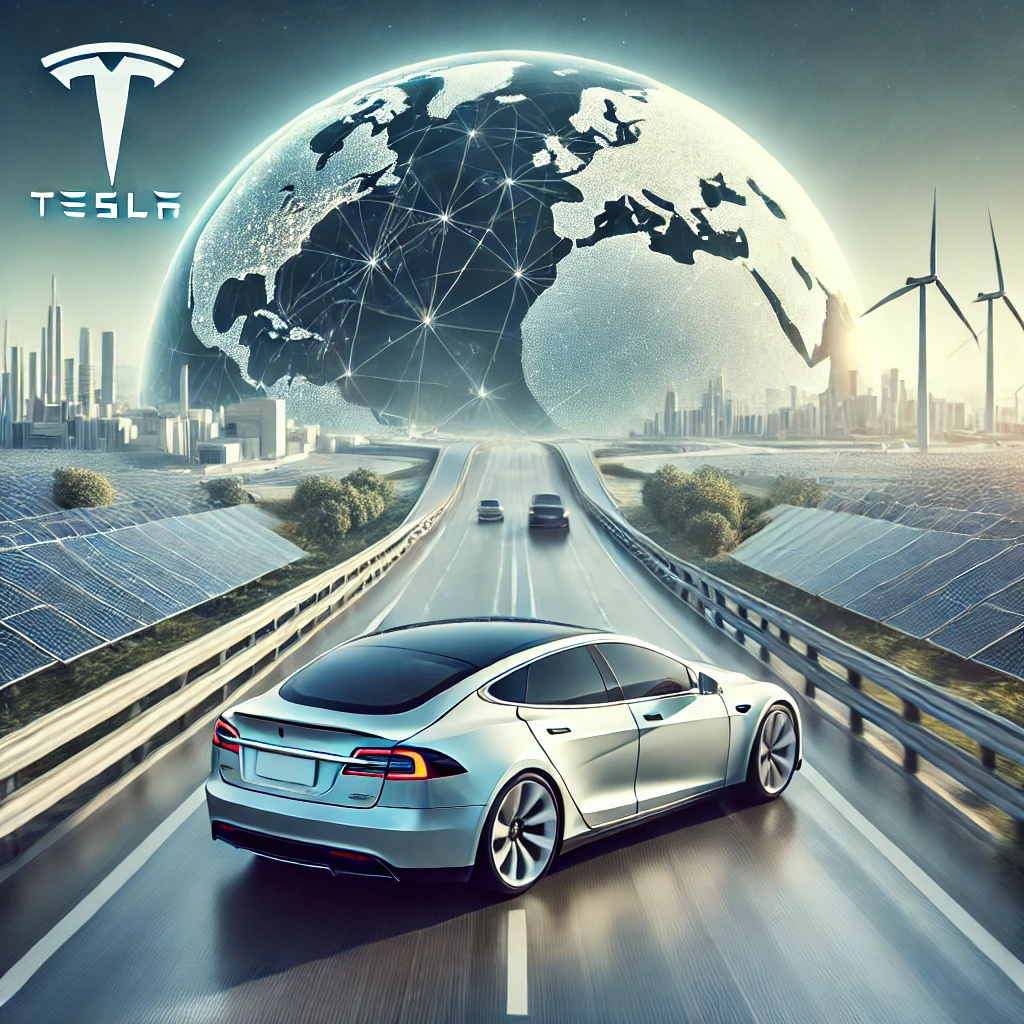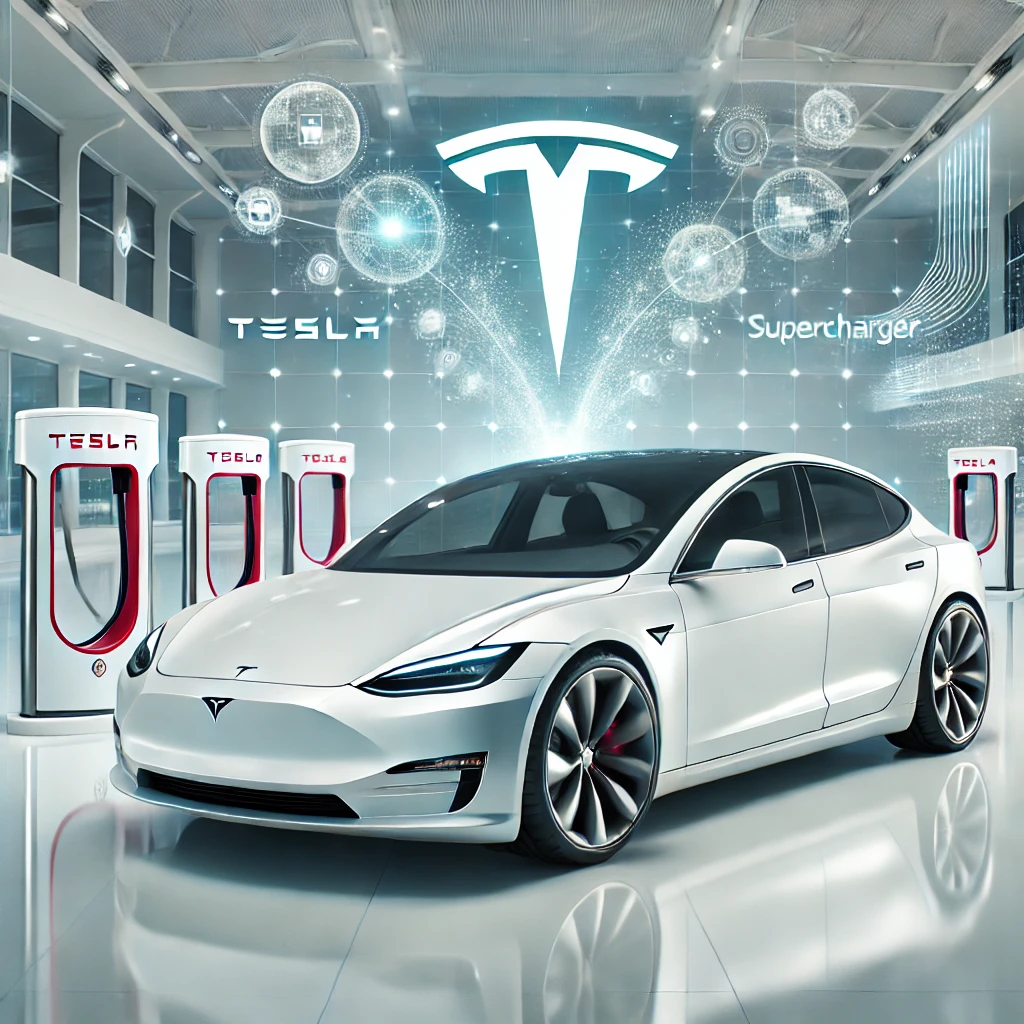Introduction
President Trump is threatening to raise tariffs on Chinese imports by another 50%, pushing total duties above 120%.
Markets are reacting sharply, investors are pulling back, and global supply chains are once again in the spotlight.
With Trump back in the White House, his trade war is returning — and it’s already sending shockwaves through the economy.
Trump’s New Trade Push
The president says the U.S. will increase tariffs unless China removes its retaliatory measures.
Trump claims this strategy will force countries to “negotiate fair deals,” arguing that America has been taken advantage of for too long.
If implemented, the new levies would significantly raise costs for U.S. companies that rely on Chinese imports — especially in manufacturing, electronics, and retail.
Market Volatility Hits Hard
Markets briefly surged after a false rumor claimed there would be a 90-day pause on tariffs.
The White House denied it, and stocks quickly reversed course. This rapid swing shows just how fragile investor sentiment has become.
Wall Street saw sharp losses. Hedge funds cut back on risk. Investors rushed into cash, and U.S. government debt sold off.
Billionaires Turn on Trump
Several high-profile financiers — including long-time Trump allies — are criticizing the new tariffs.
- Ken Langone (Home Depot co-founder) called the Vietnam tariffs “bullshit” and said the China strategy is “too aggressive, too soon.”
- Bill Ackman warned of “economic nuclear war” and said the tariffs are a major policy error.
- Stanley Druckenmiller said tariffs should not exceed 10%.
- Jamie Dimon, CEO of JPMorgan Chase, urged quick resolution, warning that the damage could become hard to reverse.
Pressure on the Federal Reserve
While markets react, the Federal Reserve is caught in a bind.
Chair Jerome Powell must decide whether to lower interest rates to prevent a slowdown — or keep them high to manage inflation.
The tariff turmoil adds pressure to an already difficult balancing act, with limited room for error.
Global Supply Chains Under Stress
China says it will “fight to the end” if the U.S. follows through on its tariff threats.
Meanwhile, U.S. companies are scrambling to cut the customs value of their imports or reroute supply chains.
Trade experts warn that shifting global logistics is costly and time-consuming — not a quick fix.
The EU has also responded selectively. After pressure from member states, it removed bourbon from its own retaliatory list, showing divisions within the bloc.
A Political and Economic Gamble
Trump’s tariff push reflects both his economic philosophy and his political approach. He’s using trade policy to assert U.S. dominance and reshape international deals.
But critics argue the uncertainty is doing long-term harm — not just to markets, but to America’s global credibility.
Former White House economic adviser Jason Furman put it plainly:
“Uncertainty is itself a kind of tariff.”
Conclusion
Trump’s trade threats are shaking markets and raising alarm among investors, policymakers, and global leaders.
With tensions rising and a full-blown trade war looming, the world is watching closely.
Will the tariffs go into full effect — or will economic risks and investor backlash force a change in course?



